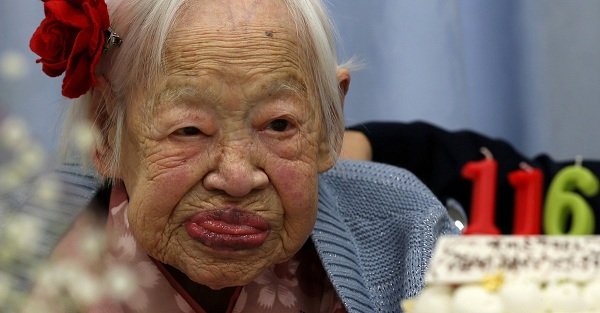Understanding Longevity: Secrets of Living a Long and Healthy Life
Humans have long been fascinated by the concept of living a long, fulfilling life. While genetics play a significant role in determining our lifespan, research has consistently shown that lifestyle choices can dramatically influence how long and how well we live. By examining the experiences of centenarians and studying scientific research, we can uncover valuable insights into the secrets of longevity.
What Defines Longevity?
Longevity is more than just adding years to life; it’s about adding life to years. The World Health Organization defines healthy aging as the process of developing and maintaining the functional ability that enables well-being in older age. Currently, the global average life expectancy is around 72 years, but some individuals manage to live well beyond 100, known as centenarians.
Key Factors Influencing Long Life
Research has identified several crucial factors that contribute to longevity:
- Diet: Nutrition plays a critical role in determining health and lifespan
- Physical Activity: Regular exercise maintains body and mind
- Stress Management: Emotional well-being impacts physical health
- Sleep Quality: Adequate rest supports cellular regeneration
- Social Connections: Strong relationships contribute to mental and physical health
The Power of Nutrition
The Okinawa diet, from the region with the highest concentration of centenarians, offers profound insights into nutritional longevity. This diet emphasizes:
- Plant-based foods
- Small portions
- Low-calorie intake
- High consumption of antioxidants
Studies have shown that diets rich in fruits, vegetables, whole grains, and lean proteins can significantly reduce the risk of chronic diseases and promote longer, healthier lives.
Exercise: Movement as Medicine
Regular physical activity is perhaps the most powerful intervention for maintaining health and extending life. Research indicates that individuals who engage in moderate exercise for at least 150 minutes per week have a 30% lower risk of premature death.
Effective longevity-promoting exercises include:
- Aerobic activities like walking and swimming
- Strength training to maintain muscle mass
- Flexibility exercises such as yoga
- Balance-enhancing movements
Mental Health and Stress Management
Chronic stress accelerates aging by increasing inflammation and damaging cellular structures. Practices like meditation, deep breathing, and maintaining strong social connections can mitigate these negative effects.
The Social Connection Advantage
Remarkably, studies have demonstrated that strong social networks can increase life expectancy by up to 50%. Meaningful relationships provide emotional support, reduce stress, and create a sense of purpose that contributes to overall well-being.
Sleep: The Ultimate Regenerative Tool
Quality sleep is crucial for cellular repair, hormone regulation, and cognitive function. Adults should aim for 7-9 hours of uninterrupted sleep, maintaining consistent sleep schedules and creating restful environments.
Conclusion
While there’s no universal formula for immortality, adopting a holistic approach to health can significantly enhance both the quality and length of life. By focusing on nutrition, exercise, stress management, sleep, and social connections, we can unlock the potential for a longer, more vibrant existence.
Remember, longevity isn’t about counting years, but about ensuring those years are lived with vigor, purpose, and joy.





